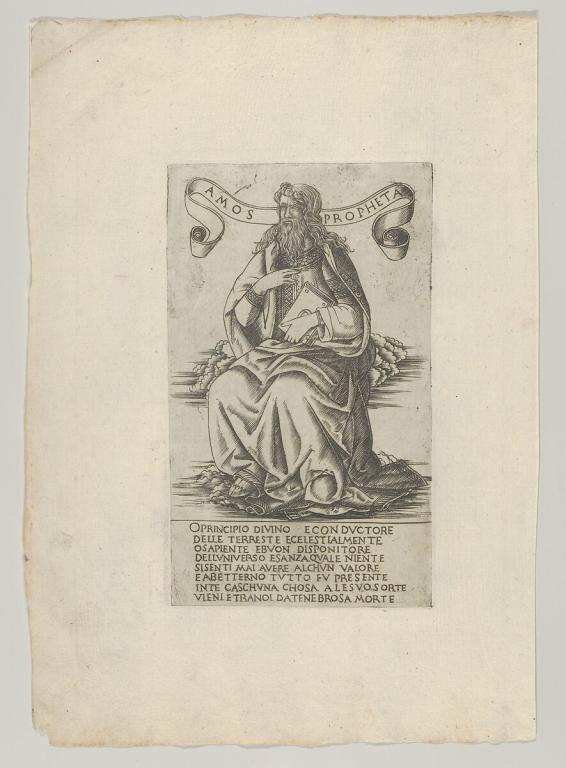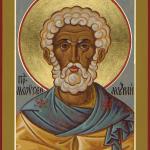
by Francesco Rosselli (Florence 1448–1508)
I can’t stand your religious meetings.
I’m fed up with your conferences and conventions.
I want nothing to do with your religion projects,
your pretentious slogans and goals.
I’m sick of your fund-raising schemes,
your public relations and image making.
I’ve had all I can take of your noisy ego-music.
When was the last time you sang to me?
Do you know what I want?
I want justice – oceans of it.
I want fairness -rivers of it.
That’s what I want.
That’s all I want.
Amos 5:21-24
paraphrase by Eugene Peterson
I have been exploring the practice of engaging a text in a manner similar to Lectio divina. That term comes from the Latin and means something like “divine reading.” Originally it was meant to be reading the Bible contemplatively. It’s quite ancient. In modernity people have expanded the range of potential spiritual texts. The twist in my practice is then to create my own paraphrase of the text.
Because of this I’ve found myself noticing other paraphrases of sacred texts. Some are simple things like my own, living with a text, if its from another language attempting to read multiple versions, and then writing. Some are quite sophisticated, like the late Eugene Peterson. He was a Presbyterian minister and scholar. He produced a paraphrase of the entire Bible. Quite a feat. He himself engaged what he called “incarnational imagination.”
Sadly, shortly before his death he was interviewed about marriage equality, made a statement of unequivocal support, and the next day retracted in favor of “biblical marriage.” Then died. Sadly this means this is part of any reference to him. Look at his article at Wikipedia, for instance.
I felt a need to acknowledge that, but want with that present, to turn to his taking on the whole of the scriptures as that spiritual discipline I’m interested in. Perhaps too large a project. I am inclined to shorter pieces. Not only more manageable, but more amenable to the spiritual discipline of it, living into something, sitting with around and through. And then putting the heart of the matter to paper.
For me the particularly helpful point is that term incarnational imagination. The term turns on incarnation, a central theme of Christian theology, where God becomes human, the divine incarnates as body. I gather it is also a literary device describing how archetypes can be engaged in literature.
For me it is the project of embodiment, grounding our spiritual lives.
For me other than knowing he was Presbyterian clergy, had a master’s degree in Semitic languages, and was embroiled in a sadness regarding who can marry with the church’s blessings, and, well that he undertook a Quixotic effort to paraphrase the entire Bible; what I know of Reverend Peterson is that lovely, compelling, haunting paraphrase of the prophet Amos.
I know there’s a human being who wanted to do good. And sometimes, maybe often did. But who was filled with human failings. He wanted to embrace everyone, but found himself constrained, maybe hobbled by his sectarian perspectives.
And it feels his heart sang right through some ancient Hebrew to us.
Condemned and raised up. For me there’s an incarnational imagination.
And, who knows, well, maybe on thing.
We open our hearts and our imaginations into our lived lives as bodies, as creatures of flesh and blood, and it can sometimes be hard to tell animal and angel.
Which can be a good thing.














